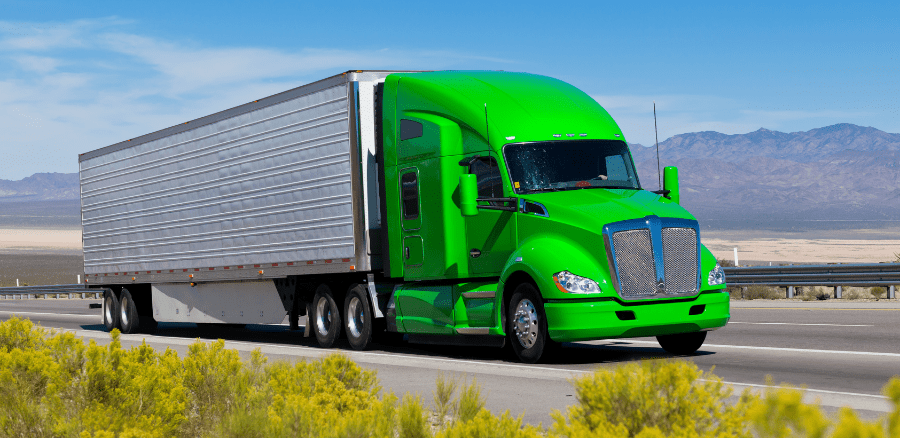
Autonomous Vehicles: The future of specialized freight may involve the widespread adoption of autonomous trucks. These vehicles have the potential to increase efficiency, reduce labor costs, and enhance safety. However, regulatory and technological challenges must be overcome before full-scale implementation.
Electric and Sustainable Transportation: As environmental concerns continue to grow, the specialized freight industry is likely to shift toward electric and sustainable transportation solutions. Electric trucks and alternative fuels may become more prevalent, reducing the industry’s carbon footprint.

Advanced Cargo Tracking: Future advancements in cargo tracking technology may include real-time monitoring of temperature-sensitive cargo, humidity levels, and even the condition of fragile goods. This will allow for greater control and quality assurance during transportation.
Drone and Robotic Assistance: The future may witness the use of drones and robotic systems for tasks such as loading and unloading specialized freight. These technologies can enhance efficiency and reduce the physical strain on workers.
Improved Safety Measures: Further enhancements in safety measures may include the development of advanced cargo securing systems, collision avoidance technology, and improved training programs for specialized freight professionals.
Digital Platforms and Blockchain: Digital platforms and blockchain technology may revolutionize the way specialized freight is managed and tracked. Smart contracts and transparent supply chains could provide greater visibility and trust for all stakeholders.
Sustainable Packaging: A focus on sustainability may lead to innovations in packaging materials and methods, ensuring that cargo is transported in an environmentally responsible manner.
Evolution and Innovation
The specialized freight industry has come a long way from its early days of non-specialized trucks and limited technology. Today, specialized equipment, advanced technology, stringent safety regulations, and a skilled workforce define the sector.
Looking to the future, we can anticipate even more significant changes, including the potential for autonomous vehicles, increased sustainability, advanced cargo tracking, and innovative safety measures.
As the specialized freight industry continues to evolve, it will remain a vital component of the global supply chain, adapting to meet the ever-changing needs of various industries while striving for greater efficiency, safety, and sustainability.
